-
 Bitcoin
Bitcoin $119000
-2.21% -
 Ethereum
Ethereum $4315
1.01% -
 XRP
XRP $3.151
-3.11% -
 Tether USDt
Tether USDt $0.0000
0.00% -
 BNB
BNB $808.5
-0.71% -
 Solana
Solana $175.8
-4.21% -
 USDC
USDC $0.9999
0.00% -
 Dogecoin
Dogecoin $0.2250
-3.92% -
 TRON
TRON $0.3469
1.77% -
 Cardano
Cardano $0.7818
-3.81% -
 Chainlink
Chainlink $21.47
-2.10% -
 Hyperliquid
Hyperliquid $43.30
-6.81% -
 Stellar
Stellar $0.4370
-2.84% -
 Sui
Sui $3.682
-4.40% -
 Bitcoin Cash
Bitcoin Cash $590.8
2.67% -
 Hedera
Hedera $0.2484
-5.20% -
 Ethena USDe
Ethena USDe $1.001
0.00% -
 Avalanche
Avalanche $23.10
-4.29% -
 Litecoin
Litecoin $119.2
-3.96% -
 Toncoin
Toncoin $3.409
0.90% -
 UNUS SED LEO
UNUS SED LEO $9.016
-1.29% -
 Shiba Inu
Shiba Inu $0.00001304
-3.82% -
 Uniswap
Uniswap $11.18
1.33% -
 Polkadot
Polkadot $3.913
-3.51% -
 Cronos
Cronos $0.1672
-3.08% -
 Dai
Dai $1.000
0.02% -
 Ethena
Ethena $0.7899
-4.70% -
 Bitget Token
Bitget Token $4.400
-1.23% -
 Pepe
Pepe $0.00001132
-5.93% -
 Monero
Monero $257.9
-6.44%
What is the difference between delivery contracts and perpetual contracts?
Summary: While delivery contracts offer the obligation to exchange an asset at a specified future date, perpetual contracts provide continuous trading with no delivery requirement and involve a funding rate mechanism to balance supply and demand.
Dec 07, 2024 at 10:01 am
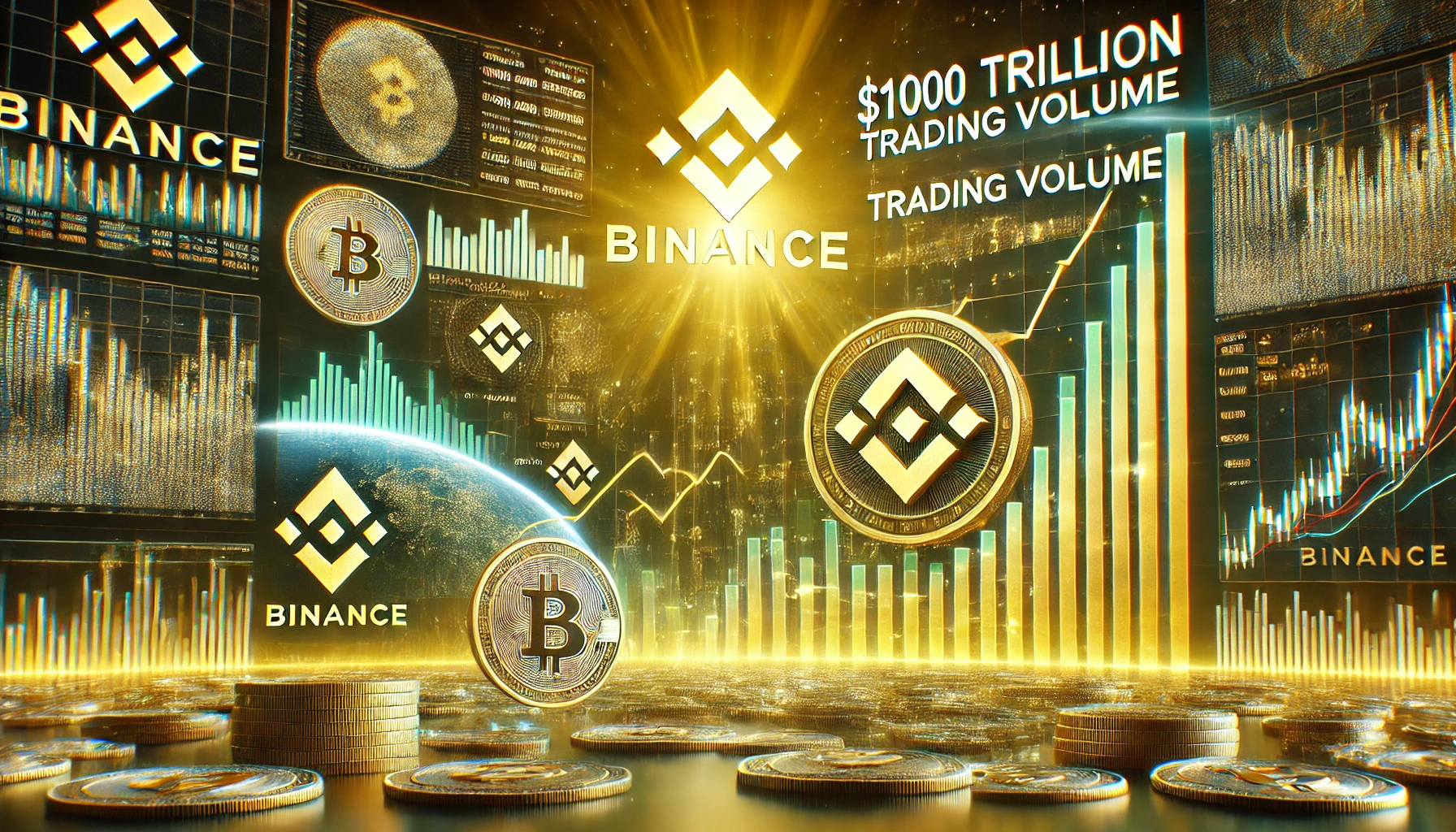
Understanding the Key Differences Between Delivery Contracts and Perpetual Contracts
Introduction
In the vast realm of blockchain technology, financial instruments known as contracts play a pivotal role in facilitating the trading of various digital assets. Among the most prominent types of contracts are delivery contracts and perpetual contracts, which share some similarities but also exhibit distinct differences. This comprehensive analysis delves into the key contrasts between these two contract types, providing insights into their unique characteristics, advantages, and limitations.
1. Delivery Contracts: A Timed Commitment to Exchange
- Definition: Delivery contracts, commonly referred to as futures contracts, obligate the buyer to purchase an underlying asset at a predetermined price on a specified future date. Conversely, the seller is bound to deliver that asset to the buyer at the agreed-upon time.
- Time-Limited: These contracts have a fixed expiration date, after which they must be settled. Upon expiration, the buyer either takes delivery of the physical asset or settles the contract in cash.
- Price Discovery: Delivery contracts play a crucial role in price discovery, as they reflect market expectations for the future value of the underlying asset.
- Risk Management: They serve as a valuable tool for hedging against potential price fluctuations, allowing traders to lock in a price for future transactions.
2. Perpetual Contracts: A Continuous Trading Instrument
- Definition: Perpetual contracts are financial instruments that resemble delivery contracts but with a key distinction: they do not have an expiration date. These contracts allow traders to maintain open positions indefinitely, without the obligation to settle at a specific time.
- No Delivery Required: Unlike delivery contracts, perpetual contracts do not require the physical delivery of the underlying asset. Instead, they provide exposure to the asset's price movements without the complexities associated with actual ownership.
- Margin Trading: Perpetual contracts often involve the use of margin trading, where traders can leverage their positions to amplify potential gains but also increase risk.
- Cost Efficiency: Perpetual contracts offer a cost-efficient way to speculate on price fluctuations, as they typically have lower trading fees compared to delivery contracts.
3. Funding Rate: A Mechanism to Balance Supply and Demand
- Supply and Demand Imbalance: In perpetual contracts, an imbalance between long and short positions can arise, leading to potential imbalances in supply and demand for the underlying asset.
- Funding Rate: Exchanges implement a funding rate mechanism to address this imbalance. When there is an excess of long positions, long traders pay a fee to short traders, and vice versa. This mechanism encourages traders to balance their positions.
- Unique Aspect: The funding rate is a unique feature of perpetual contracts that is not present in delivery contracts, making it a key differentiating factor between the two.
4. Trading Venue: Centralized vs. Decentralized
- Centralized Delivery Contracts: Traditional delivery contracts are predominantly traded on centralized exchanges, regulated entities that provide a secure and standardized trading environment.
- Decentralized Delivery Contracts: With the advent of blockchain technology, decentralized exchanges have emerged, enabling peer-to-peer delivery contract trading without intermediaries.
- Perpetual Contracts in DeFi: Perpetual contracts have gained significant traction within the decentralized finance (DeFi) space, offering innovative trading opportunities on decentralized platforms.
Additional Considerations
- Volatility: Perpetual contracts tend to exhibit higher volatility compared to delivery contracts, as they involve margin trading and a lack of an expiration date.
- Tax Treatment: The tax implications of delivery contracts and perpetual contracts may vary depending on jurisdiction and regulatory frameworks.
- Regulatory Landscape: The regulatory landscape for crypto derivatives, including both delivery contracts and perpetual contracts, is evolving rapidly. Traders should stay up-to-date with the latest regulatory developments.
Disclaimer:info@kdj.com
The information provided is not trading advice. kdj.com does not assume any responsibility for any investments made based on the information provided in this article. Cryptocurrencies are highly volatile and it is highly recommended that you invest with caution after thorough research!
If you believe that the content used on this website infringes your copyright, please contact us immediately (info@kdj.com) and we will delete it promptly.
- Japan, Bitcoin, and Treasuries: A New Era of Corporate Finance?
- 2025-08-12 18:30:12
- Bitcoin Bull Market: Decoding the Indicators for the Next Big Move
- 2025-08-12 18:30:12
- Do Kwon's Terra Collapse: From 'Not Guilty' to Guilty Plea?
- 2025-08-12 18:50:12
- Material Efficiency, Traceability, and Trust: The New Pillars of Sustainability
- 2025-08-12 18:50:12
- PumpFun (PUMP) Price: Riding the Meme Coin Wave or Facing a Wipeout?
- 2025-08-12 16:50:12
- Uniswap's Legal Clarity Fuels Price Target: Will UNI Hit $12.85?
- 2025-08-12 17:30:13
Related knowledge
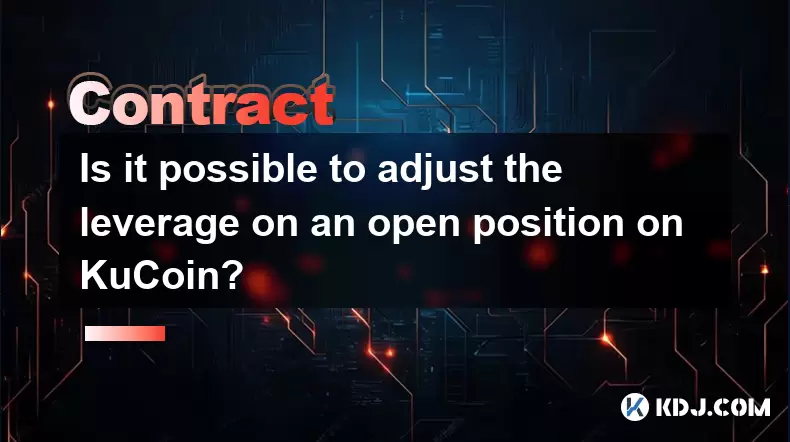
Is it possible to adjust the leverage on an open position on KuCoin?
Aug 09,2025 at 08:21pm
Understanding Leverage in KuCoin Futures TradingLeverage in KuCoin Futures allows traders to amplify their exposure to price movements by borrowing fu...
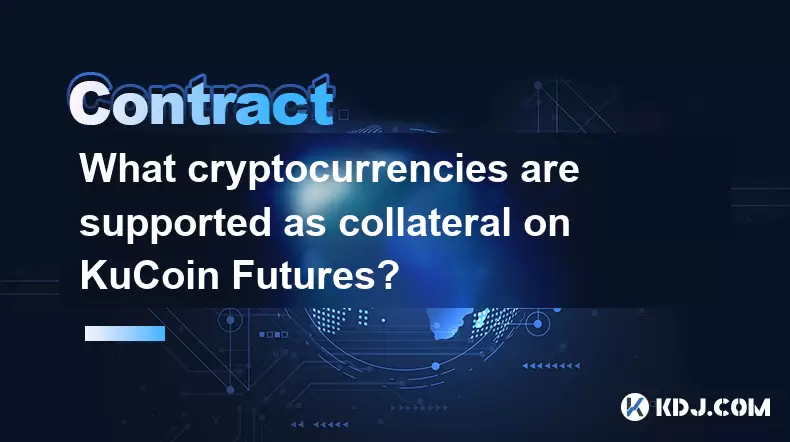
What cryptocurrencies are supported as collateral on KuCoin Futures?
Aug 11,2025 at 04:21am
Overview of KuCoin Futures and Collateral MechanismKuCoin Futures is a derivatives trading platform that allows users to trade perpetual and delivery ...
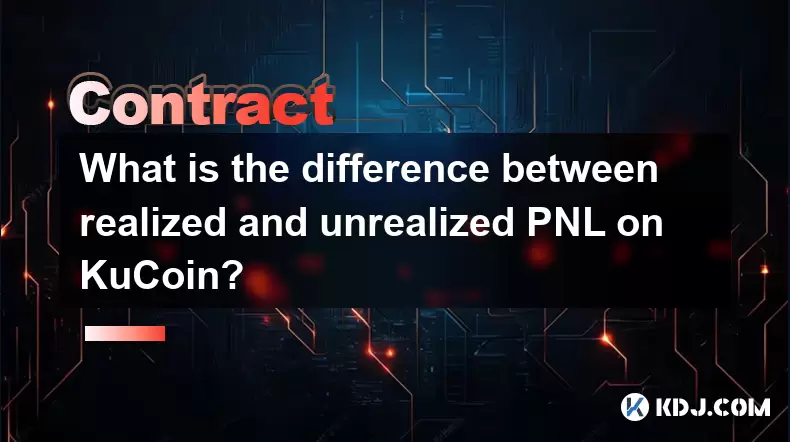
What is the difference between realized and unrealized PNL on KuCoin?
Aug 09,2025 at 01:49am
Understanding Realized and Unrealized PNL on KuCoinWhen trading on KuCoin, especially in futures and perpetual contracts, understanding the distinctio...
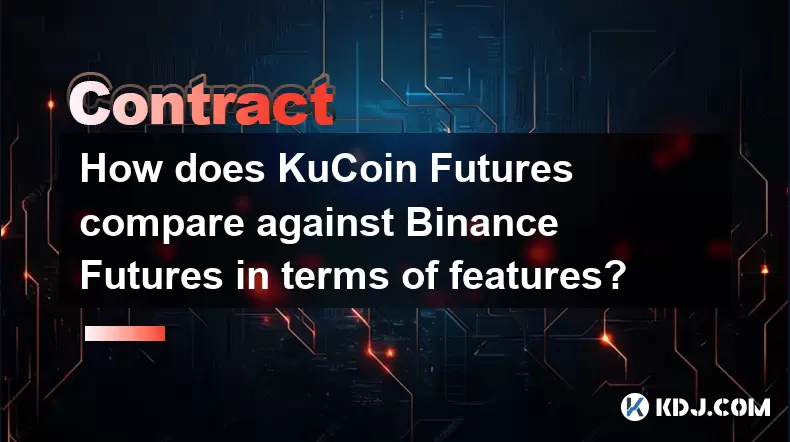
How does KuCoin Futures compare against Binance Futures in terms of features?
Aug 09,2025 at 03:22am
Trading Interface and User ExperienceThe trading interface is a critical component when comparing KuCoin Futures and Binance Futures, as it directly i...
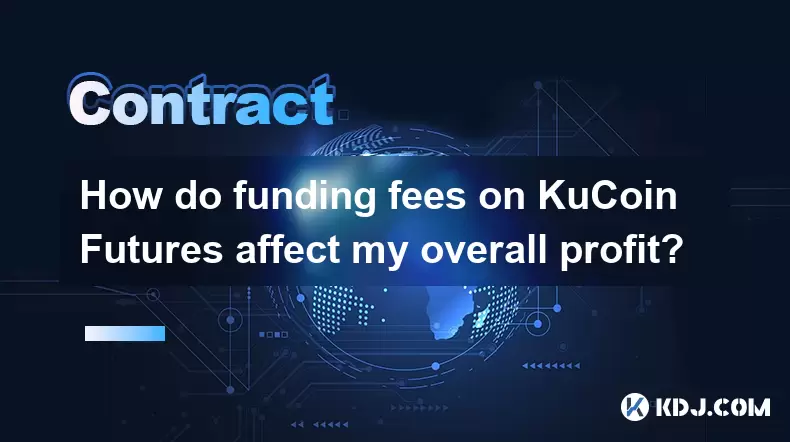
How do funding fees on KuCoin Futures affect my overall profit?
Aug 09,2025 at 08:22am
Understanding Funding Fees on KuCoin FuturesFunding fees on KuCoin Futures are periodic payments exchanged between long and short position holders to ...
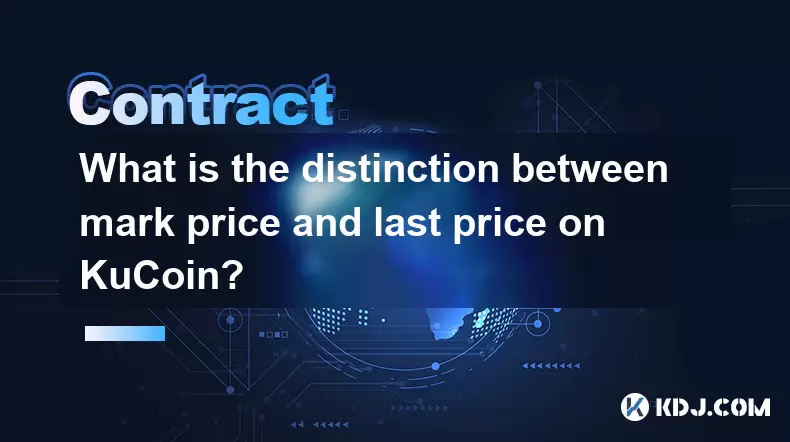
What is the distinction between mark price and last price on KuCoin?
Aug 08,2025 at 01:58pm
Understanding the Basics of Price in Cryptocurrency TradingIn cryptocurrency exchanges like KuCoin, two key price indicators frequently appear on trad...

Is it possible to adjust the leverage on an open position on KuCoin?
Aug 09,2025 at 08:21pm
Understanding Leverage in KuCoin Futures TradingLeverage in KuCoin Futures allows traders to amplify their exposure to price movements by borrowing fu...

What cryptocurrencies are supported as collateral on KuCoin Futures?
Aug 11,2025 at 04:21am
Overview of KuCoin Futures and Collateral MechanismKuCoin Futures is a derivatives trading platform that allows users to trade perpetual and delivery ...

What is the difference between realized and unrealized PNL on KuCoin?
Aug 09,2025 at 01:49am
Understanding Realized and Unrealized PNL on KuCoinWhen trading on KuCoin, especially in futures and perpetual contracts, understanding the distinctio...

How does KuCoin Futures compare against Binance Futures in terms of features?
Aug 09,2025 at 03:22am
Trading Interface and User ExperienceThe trading interface is a critical component when comparing KuCoin Futures and Binance Futures, as it directly i...

How do funding fees on KuCoin Futures affect my overall profit?
Aug 09,2025 at 08:22am
Understanding Funding Fees on KuCoin FuturesFunding fees on KuCoin Futures are periodic payments exchanged between long and short position holders to ...

What is the distinction between mark price and last price on KuCoin?
Aug 08,2025 at 01:58pm
Understanding the Basics of Price in Cryptocurrency TradingIn cryptocurrency exchanges like KuCoin, two key price indicators frequently appear on trad...
See all articles

























































































